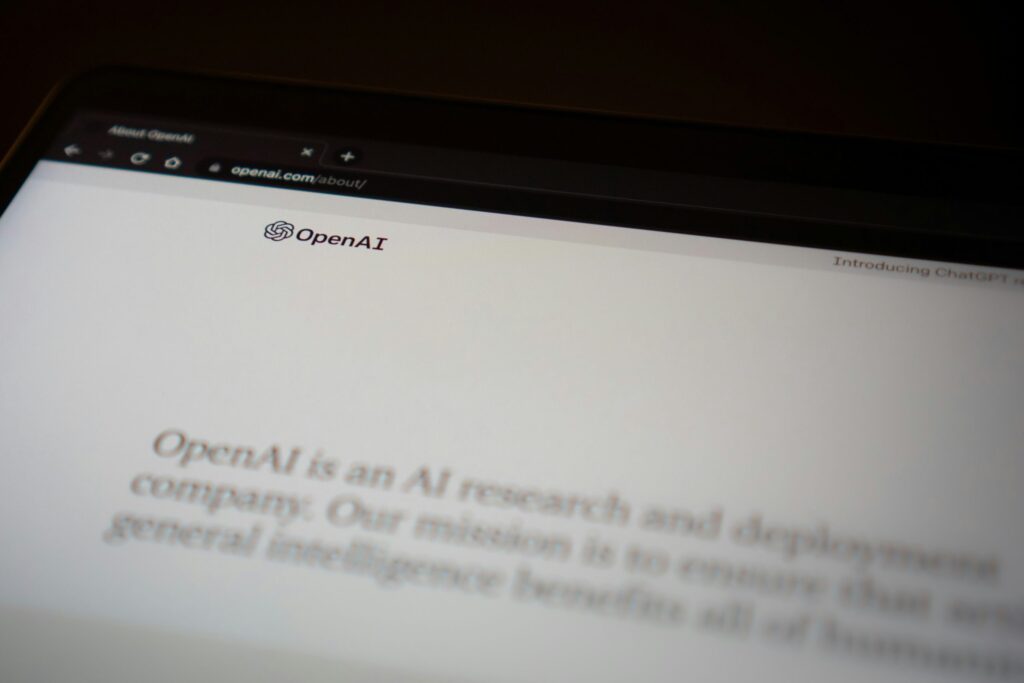This week, OpenAI categorically blocked access to its site from mainland China and Hong Kong, denying developers and businesses access to some of the most advanced AI technology available today.
Given the rising geopolitical tensions and technological competition, OpenAI's move is not surprising. However, it marks a turning point for AI and will add heat to a rather chilly technological cold war. As a result, it will have a profound impact on the future AI landscape in China and the world, laying the groundwork for a fierce competition between future AI superpowers.
OpenAI's choice protects the company's intellectual property while navigating geopolitical obstacles amid growing government demands and the race for AI dominance. The move highlights the widening digital divide between China and the West, which remains one of the defining elements of this era of tech wars. But some experts say OpenAI's decision to cut ties with China signals a larger trend of tech decoupling, with the U.S. and Chinese tech ecosystems moving further apart.
Impact on Chinese AI players
The blockade of OpenAI poses both challenges and opportunities for Chinese AI companies. On the one hand, the absence of OpenAI's advanced models, such as GPT-4, in the Chinese market may slow the adoption and integration of cutting-edge AI technologies. This is especially important for startups and small and medium-sized enterprises that lack the resources to develop similar models on their own.
“OpenAI's measures, which are scheduled to take effect on July 9, may affect Chinese companies developing services based on OpenAI's large-scale language models (LLMs),” it said. South China Morning Post “However, this could also be an opportunity to promote innovation in China and encourage Chinese companies to further develop their technologies, sparking a new boom in AI research and making China a more dynamic and self-reliant country,” the report said, citing experts.
Meanwhile, the vacuum created by the lockdown is well-positioned to be filled by domestic giants such as Alibaba, Baidu, and Tencent. These companies have the financial, talent, and infrastructure to accelerate AI research and development, which will spur more efforts in AI innovation and building homegrown alternatives to OpenAI.
Moreover, the Chinese government has been aggressively funding its domestic technology industry with large-scale investment and favorable regulations, which could result in increased competition among domestic Chinese companies and a new surge in AI research that puts China on par with its international counterparts.
Global AI Dynamics
OpenAI's move will have ripple effects beyond China. It is highly likely that this move will change the global AI landscape, raising the possibility of a more fragmented AI landscape. While the U.S. and China are busy defining their dominance, other countries and regions may take sides based on their access to AI technology.
This is especially true for Southeast Asian and African countries with strong economic ties to China, which are likely to favor Chinese-made AI solutions. However, countries in Europe and North America may become more reliant on U.S.-based AI solutions. This divide could have significant implications for international consortia, data exchange, and the evolution of global AI norms.
The blockade also raises serious questions about ethics and security. In this context, OpenAI is exercising its digital sovereignty – controlling who can and cannot benefit from its technology. The move is part of a broader crackdown now underway at every level of the AI stack to ensure that such technologies are built and deployed in a way that meets proper standards and ethics, including security aspects.
This presents a challenge for China to strategically position its burgeoning AI sector so that it is not perceived as a threat by other nations. But as the AI race intensifies, ethics and international cooperation will need to remain top of mind. Companies that see China as a key market will have to find ways around complex geopolitical hurdles.
For example, Apple is reportedly looking for local partners whose services comply with Beijing's strict AI regulations, including standards set by the China Electronics Standards Association last year. Ultimately, the future of AI depends not only on technological advances but also on the geopolitical strategies and policies that will shape its development and deployment.
(Photo: Jonathan Kemper)
reference: Apple reportedly getting free access to ChatGPT

Want to learn more about AI and big data from industry leaders? Check out the AI & Big Data Expo in Amsterdam, California and London – this comprehensive event will take place alongside other major events such as Intelligent Automation Conference, BlockX, Digital Transformation Week and Cyber Security & Cloud Expo.
Find out about upcoming enterprise technology events and webinars hosted by TechForge here.


